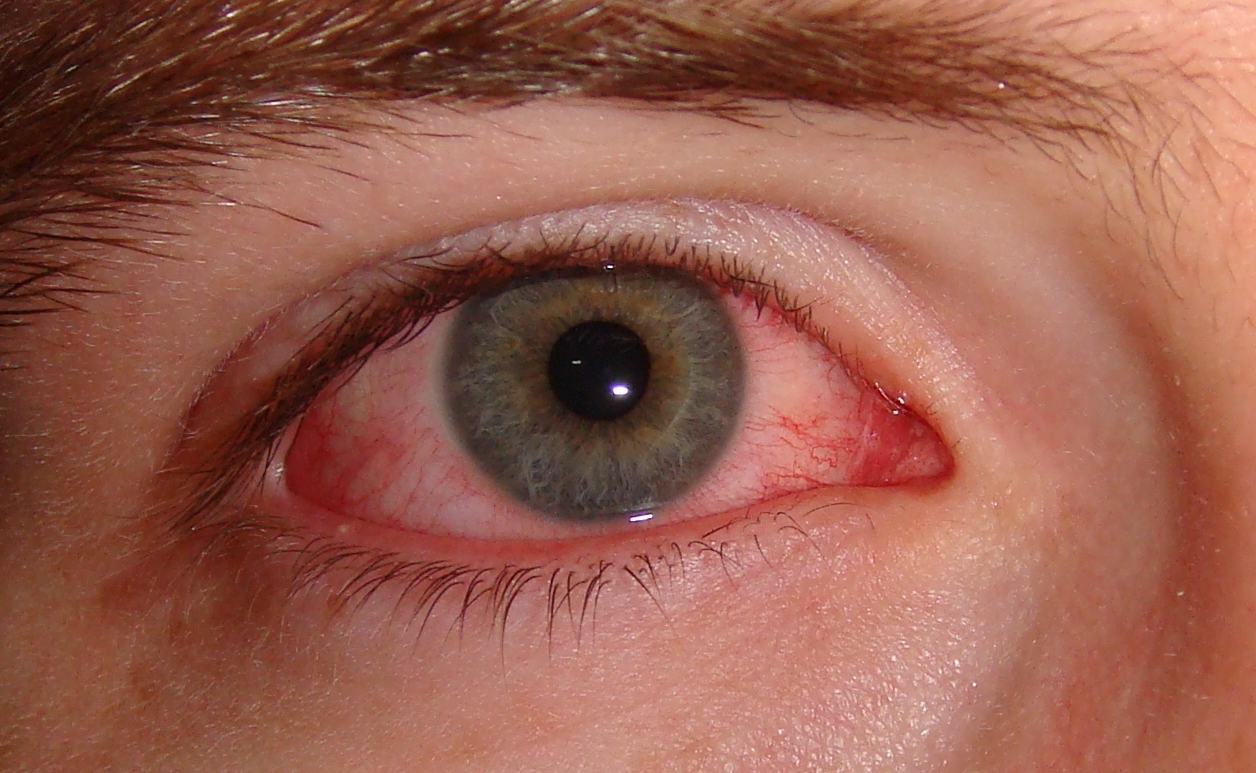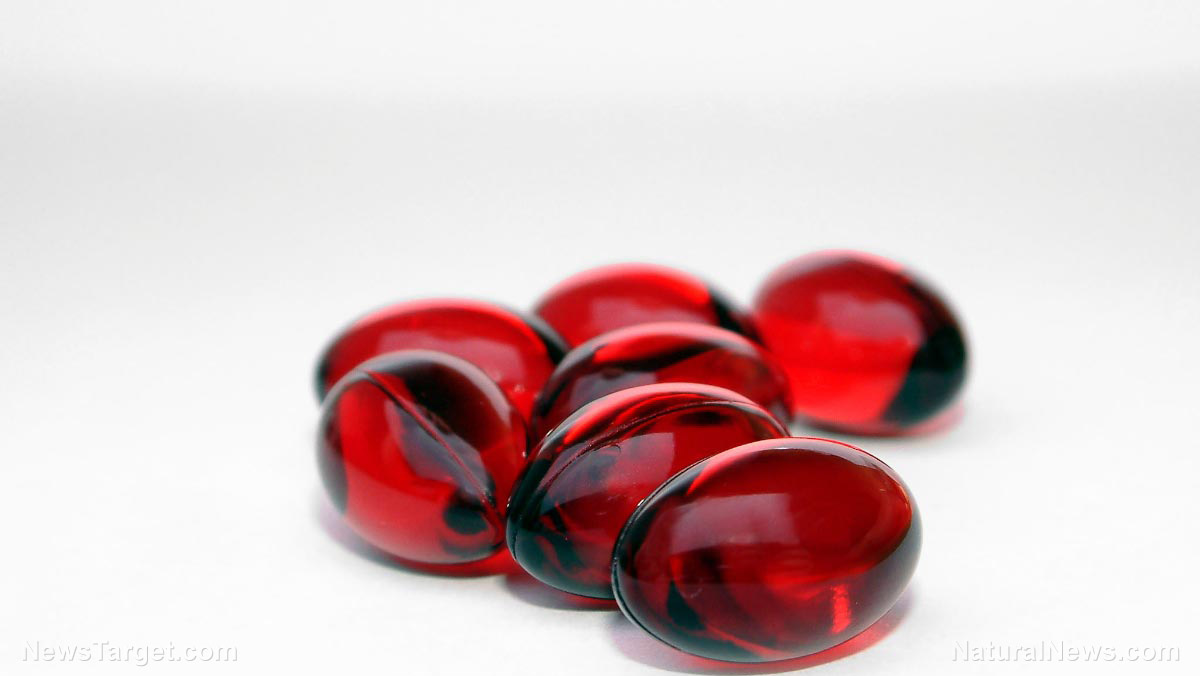High-dose vitamin C can treat dengue fever and Zika virus
02/21/2019 / By Rhonda Johansson

Nutritional therapies are simple low-cost methods of interrupting the transmission of various viral infections, as well as reducing one’s susceptibility to these diseases. Of particular note is the incredible healing power of vitamin C in reducing symptoms related to dengue fever, Zika virus, and similar infections.
Dengue fever can be effectively reduced with vitamin C therapy. A case study by Thomas E. Levy, M.D. showed that 10 packets of liposome-encapsulated vitamin C (1,000 mg per packet) completely cured a 15-year-old Colombian girl suffering from hemorrhagic dengue fever. Levy wrote of his experience on NaturalHealth365 and said that his patient was well after only 48 hours.
Recent studies are proving the efficacy of intravenous vitamin C therapy in effectively resolving symptomatic and documented cases of Ebola virus infection in Sierra Leone as well. Case studies published in various medical journals documented the health and status of several Ebola patients in Central Africa. Across the board, a protocol of ozone, four to eight grams of vitamin C, and a supplement containing multiple antioxidants (such as thiamine, riboflavin, selenium, N-acetyl cysteine, glutathione, and lipoic acid) dramatically reduced symptoms.
Similarly, vitamin C therapy appears to be effective in treating the Zika virus. A 2016 case report written by researchers from the University of Puerto Rico, Berdiel Clinic, and the Ponce Health Sciences University concluded that high doses of intravenous vitamin C therapy administered over three days significantly improved the condition of a patient. Symptoms associated with Zika were completely resolved without any side effects after the fourth day.
A natural antioxidant that cures and prevents
Vitamin C is a powerful antioxidant that protects the body from free radical damage. While it can be used quite effectively as a therapeutic agent in many diseases and disorders, its power remains in its ability to protect the immune system by fighting off infections. Indeed, vitamin C is a clear example of “an ounce of prevention is worth a pound of cure.”
Vitamin C is found in citrus fruits, tomatoes, broccoli, Brussels sprouts, turnips, green peppers, red peppers, and green, leafy vegetables. In a 2013 study titled “Vitamin C in Disease Prevention and Cure: An Overview,” researchers concluded that the antioxidant had profound effects on how the body responds to infections. Supplementing with vitamin C leads to a significantly reduced risk of becoming ill from various diseases and infections. Vitamin C is especially recommended for treating various inflammatory conditions.
Other documented uses for vitamin C
A number of experimental studies have observed that vitamin C therapy can be beneficial for the following conditions:
- Heavy metal toxicity — Vitamin C therapy may help remove heavy metals from the body. Recent clinical trials based on histopathological examinations of animal models concluded that the antioxidant lessened the severity of effects of chronic lead exposure in the liver, kidneys, brain, and testes.
- Diabetes — There is convincing clinical evidence that vitamin C can prevent the onset of Type 2 diabetes. The metabolic disorder is associated with intense oxidative stress — a condition that can be treated with vitamin C.
- Neurodegenerative disorders — A study conducted on 12 schizophrenics found that large doses of vitamin C improved the mental condition in 75 percent of the patients.
- Cancer — High doses of vitamin C can improve the survival of patients diagnosed with terminal cancer. Studies suggest cancer patients to take around 10 g of vitamin C to reap its full benefits.
Sources include:
ISOM.ca [PDF]
Tagged Under: alternative medicine, ascorbic acid, dengue, Ebola, infections, natural cures, natural healing, natural medicine, nutrients, prevention, supplements, viral infections, vitamin C, vitamins, Zika virus




















